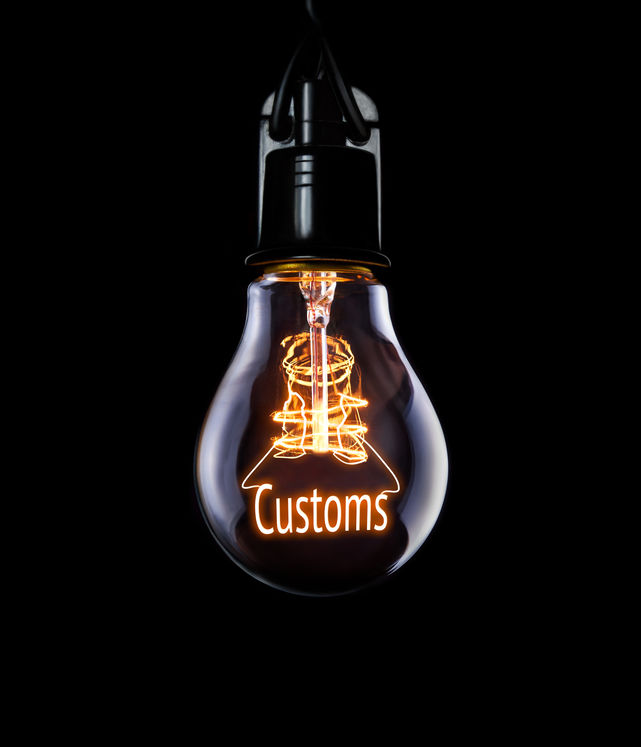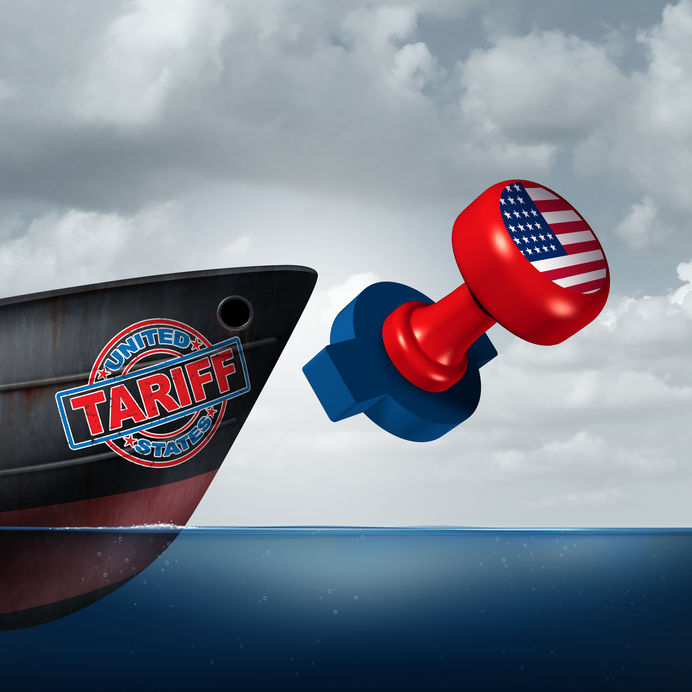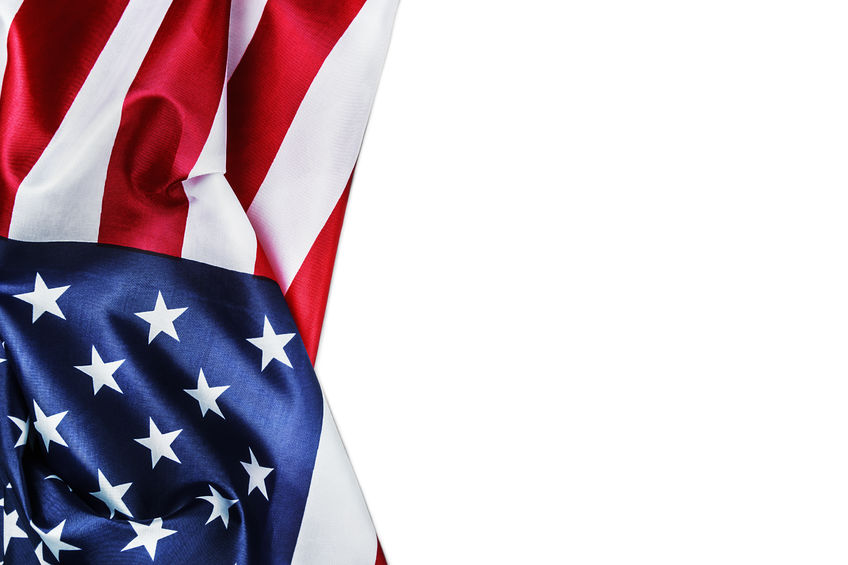Understanding Customs Compliance

Customs compliance… It sounds important, doesn’t it? Well, it sure is! You’ve certainly heard of customs compliance, but do you fully understand what’s involved?
Company Compliance Programs: An essential part of your business

Because importers… not their brokers, not their suppliers… are ultimately responsible for customs compliance, sound compliance practices need to be woven into the culture of any company that moves goods across the border.
Heads up! CBSA is serious about compliance.

We all know that an audit – or Trade Compliance Verification – by the Canada Border Services Agency (CBSA) is a looming possibility for anyone involved in cross-border trade. And recently it seems that audits are becoming more frequent.
Laws and contracts in international trade

When you are focused on the day-to-day operations of your business, the laws that underlie that business may not be front of mind. But, as you can probably appreciate, the legal aspect of international trade is not something you can afford to neglect.
What’s the auditor cooking?

The Canadian Border Services Agency (CBSA) undertakes trade compliance verifications (audits) to ensure their requirements are being met and the correct duty collected. Audits are conducted both randomly and by identifying goods of interest through targeted verifications. Here, we dive into the latest priorities for.
A golden opportunity for U.S. importers: Importer Self-Assessment

What is it? Importer Self-Assessment is a U.S. Customs and Border Protection (CBP) program that offers qualified U.S. importers exemptions from certain security inspections and comprehensive audits, as well as expedited cargo release services. Started in 2002, the ISA program is based on the premise that importers.
U.S. customs compliance: A refresher

If you’ve been reading our blogs you might have caught our previous posts on this topic – for example, this one on customs negligence, and this more recent one on the “Mod Act” and non-compliance penalties. But if you’re importing into the U.S., this is important stuff – and it can be a bit confusing – even for a.
This one’s for importers: Know your customs responsibilities

Canadian customs laws and regulations are complex and ever-changing, and importers, large and small, appreciate the challenges inherent in navigating such a system. Non-compliance with customs requirements carries a range of penalties, the severity of which varies with the nature of the infraction. And while the.
Exporting to the U.S.? What you need to know about antidumping and countervailing duties.

Antidumping and countervailing duties (AD/CVD) are customs charges aimed at counteracting artificially low prices on foreign goods by eliminating unfair price advantages. Antidumping duties combat the practice of dumping – when imported goods are priced so low as to intentionally lose money and out-compete.
Tariff Classification – Do your homework and get it right the first time.

“Quality is never an accident. It is always the result of an intelligent effort.” - John Ruskin, Art Critic and Writer Proper tariff classification is the foundation of import and export trade compliance. The Harmonized Commodity Description and Coding System (also known as the Harmonized System, or HS) is the.

Latest Articles
- Exporting guide for Canada – 10 essentials for exporters
- Bi-weekly Freight Updates - April: latest news and updates on the worldwide supply chain
- The Comprehensive and Progressive Agreement for Trans-Pacific Partnership (CPTPP)
- CARM Release 2 Postponed to October 2024
- Earth Day 2024 – importers, shippers and customs brokers can improve environmental sustainability
